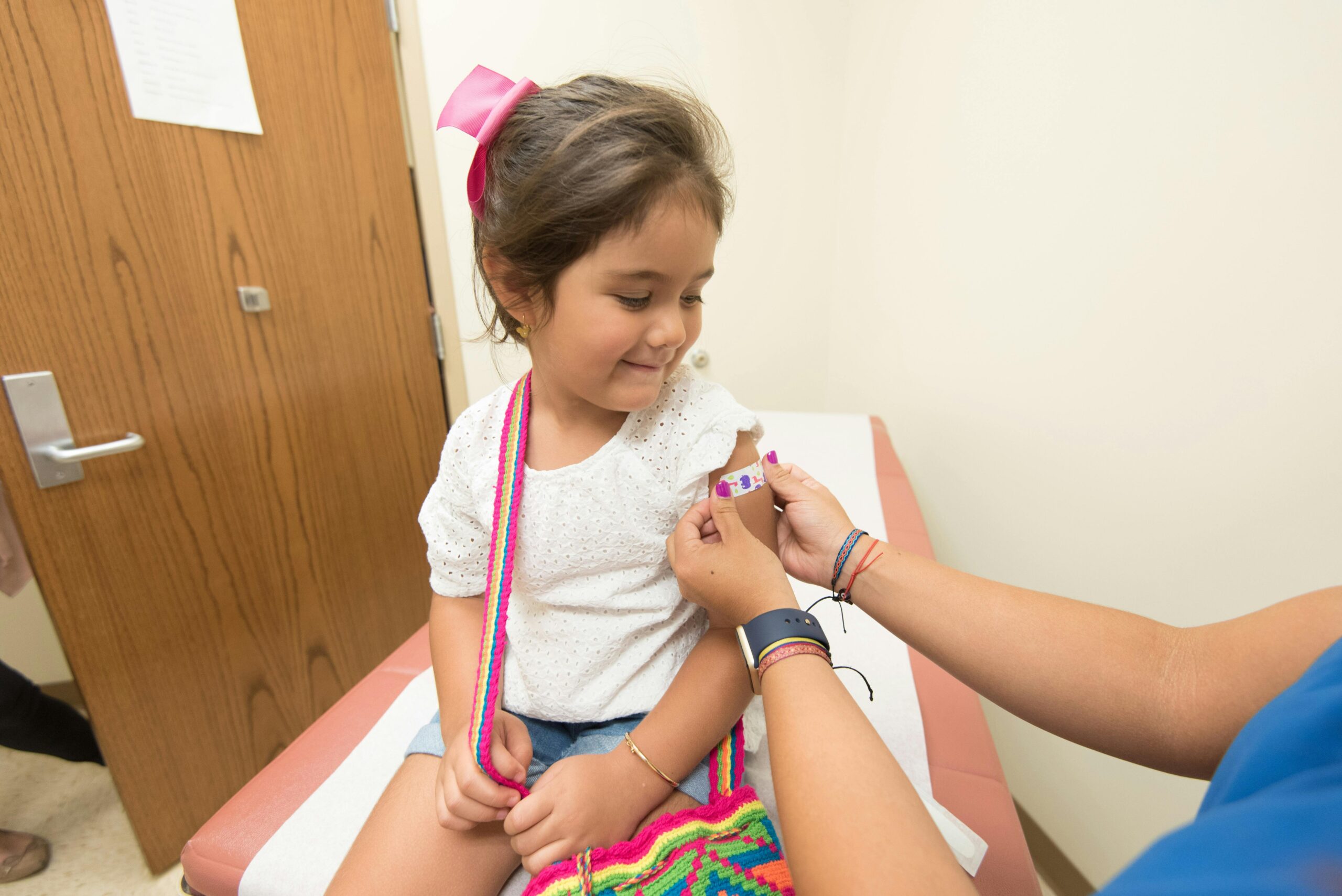Relocating to a new country can be an exciting yet intricate journey, especially when it comes to understanding the healthcare system and vaccination requirements for children attending school. This exploration will focus on kids moving to Italy and the crucial vaccine mandates that play a pivotal role in their educational journey.
School Vaccine Requirements in Italy
In response to the resurgence of diseases once considered eradicated, notably measles, the country has enacted stringent laws mandating 12 compulsory vaccinations for children aged 0 to 6. These vaccines include safeguards against polio, diphtheria, tetanus, hepatitis B, pertussis, haemophilus B, meningococcal B and C diseases, measles, rubella, mumps, and chickenpox. Non-compliance with this vaccination regimen results in children being ineligible for enrollment in Italian nursery school and kindergarten. For children aged 7 to 16 attending compulsory school, vaccinations and booster doses are also mandatory, though delays in compliance won’t hinder school enrollment. Failure to adhere to vaccination requirements can lead to fines, ranging from 500 to 7,500 Euros, imposed by Health Agencies. Furthermore, persistent non-compliance may result in parents being reported to Juvenile Courts, which possess the authority to suspend parental rights. Exceptions for medical reasons require documented certification, and children unable to be vaccinated will be placed in classes alongside other non-vaccinated or non-immunized peers. Families must provide medical records if a child has already experienced any of the specified childhood diseases, confirming the development of antibodies against the respective conditions.
US Immunization Schedule
The US immunization schedule initiates early with the Hepatitis B vaccine post-birth, followed by a sequential administration of vaccines such as DTaP, PCV, and the introduction of the HPV vaccine in adolescence. Conforming with Italy’s practice, Meningococcal ACWY is administered at age 12, demonstrating a comprehensive strategy against preventable diseases.
Italian Immunization Schedule
Italy’s immunization schedule parallels the US, commencing with Hexavalent and Pneumococcal doses. However, it diverges by necessitating early childhood vaccinations against meningococcal B and meningococcal C. The schedule progresses with standard vaccines like DTaP, Hib, IPV, culminating in the Quadrivalent vaccine. The alignment with the US schedule at age 12 with Meningococcal ACWY reflects Italy’s proactive stance in fortifying its pediatric population against meningococcal infections, adhering to global immunization standards.
A direct comparison of US and Italian Immunization Schedule for Kids
A comparison between two nations immunization schedule reveals a general alignment in their commitment to pediatric health. While both nations share core vaccinations, Italy deviates by mandating early childhood inoculation against meningococcal B and meningococcal C. Here is a direct overlay of each nationals vaccination timeline month by month.
Note: Yellow boxes indicates US schedule. and Green Boxes indicates Italian schedule.
Preparing your immunization record
When relocating to Italy, families are mandated to furnish official documentation specifying their child’s vaccination history. This vaccination documentation is required to include essential details such as the holder’s personal information, specifics of the administered vaccines, the dates of vaccine administration, and the identity of the certificate issuer. Moreover, this information must be presented in Italian, English, French, Spanish, or German. In cases where the documentation is issued in a language other than these, it must be accompanied by a sworn translation.
Conclusion
In conclusion, the stringent vaccination requirements imposed by Italian schools for children relocating to Italy stand as a testament to the nation’s unwavering commitment to public health. Mandating vaccinations against a spectrum of preventable diseases, including the recent addition of protections against meningococcal B and meningococcal C, underscores Italy’s proactive approach in fostering a secure educational environment. This comprehensive immunization strategy not only safeguards the health and well-being of enrolled students but also reflects a broader societal dedication to minimizing the spread of infectious diseases. As families embark on this educational journey, adherence to these vaccination requirements becomes not just a regulatory necessity but a shared responsibility in cultivating a healthy and thriving learning community within the vibrant landscape of Italy.




